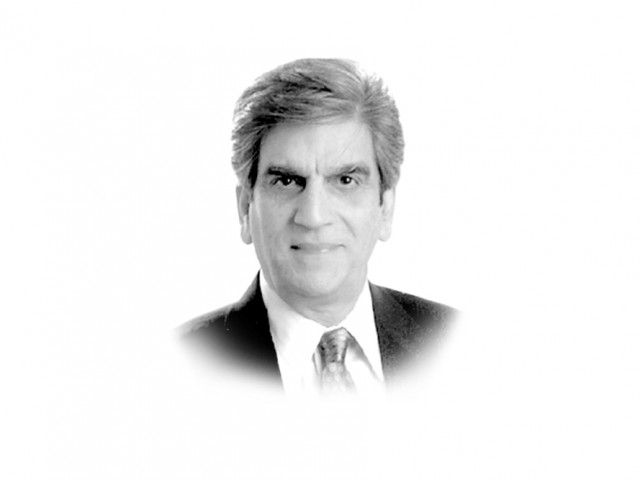The scourge of monopolies
Under the ruling regime of firms forming “concentrated oligopolies” in Pakistan, price competition is stifled.

As I have noted earlier, Pakistan’s economy is “highly concentrated” in terms of its structure. This is most striking in manufacturing but also in other sectors of the economy such as banking. This concentration is reflected in a few firms (maybe only three or four) who hold a dominant market position (say 80-90 per cent or more of the total market). Under such a regime of “concentrated oligopolies” price competition is stifled. The result is that excess/monopoly profits, duopolies, cartels and market-sharing arrangements along with other anti-competitive abuses become common industry practice.
None of this is new of course. Pakistan’s economy has historically been concentrated, a revelation that first came out with the famous “22 families”, which was an important factor in Ayub Khan’s downfall, the break-away of East Pakistan and the rise of Zulfikar Ali Bhutto and his socialist agenda. Pakistan’s industrialists came to be called “robber barons” who had profited behind (the) high walls of import tariff protection, quantitative import restrictions and, in some cases outright bans on imports.
The CCP is a worthy successor to the old moribund Monopoly Control Authority (MCA) which was set up during Yahya Khan’s regime. In all of its years in existence, the MCA did little or nothing. The hapless Pakistani consumer was routinely fleeced through high prices, hoarding, shoddy, defective and often dangerously unsafe products, and misleading advertising. Meanwhile, producers earned high “economic rents” which accrued from the ruthless exploitation of their dominant market position.
The CCP has a wide remit. I would urge them to take a close look at the banking sector in Pakistan. The “spread” between what banks offer depositors on the one hand and what they lend at on the other is a staggering 7.5-7.8 per cent and has remained largely fixed. A fixed spread is the hallmark of a deep structural flaw. In more competitive economies the spread is no more than 2-3 per cent. A spread close to 8 per cent reflects high costs and inefficiencies, over-employment, poor management, corruption, excessive pay, perks and outrageous bonuses to senior executives, an infected loan portfolio made up of non-performing assets and, most importantly, a dominant market position. Such a large spread between deposit and lending rates also reflects the criminal exploitation of small savers and depositors who place their deposits in banks (rather than keep their money under the mattress) because the rate of remuneration paid to them has always been below the going rate of inflation. Thus depositors receive negative “real” rates of return on their deposits/savings, a key factor in Pakistan being a low-savings economy. Furthermore, the fact that small depositor’s money is lent at high interest rates to “robber barons" and prime clients, there is a transfer of wealth from the poor to the rich.
While the CCP needs to look into this long-standing and blatant case of anti-competitive behaviour, the State Bank of Pakistan also has an important role to play as a regulator of the banking system. This it must do with alacrity and resolve and there can be no better person at the helm than the new governor, Shahid Kardar, whom I have known as a fearless and bold person since I first met him when he was an undergraduate student at Oxford University a few decades ago. Mr Kardar has written on the subject himself. He knows the issues and what needs to be done to fix it.
Published in The Express Tribune, September 27th, 2010.













COMMENTS
Comments are moderated and generally will be posted if they are on-topic and not abusive.
For more information, please see our Comments FAQ